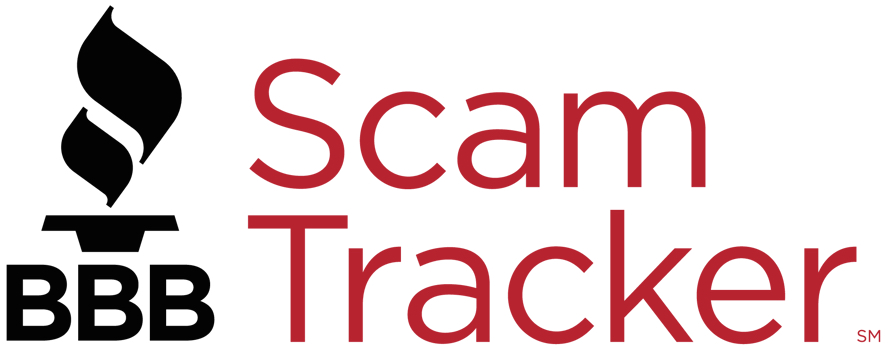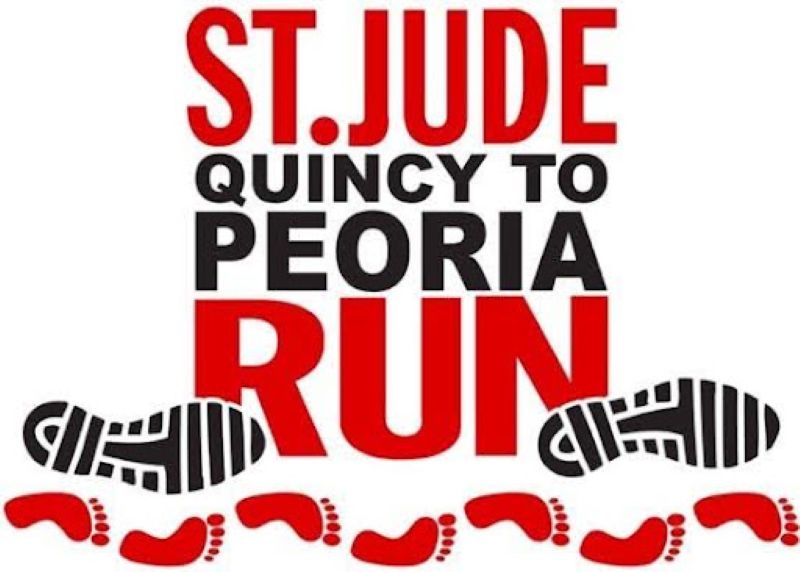Quincy Have you recently received a text message regarding a traffic ticket? The link can be a fraud, so don’t click on it.
Phishing messages purporting to be from your state’s Department of Revenue, Department of Motor Vehicles, or Department of Transportation have been reported to the BBB on multiple occasions.
The phony texts will claim that you have an unresolved traffic infraction and will use terms like “final notice” or “date of enforcement start” to make the matter appear urgent. If the ticket is not promptly paid for using a link in the notification, they will threaten severe consequences, such as registration suspension and additional costs.
Don’t pay or click on the link if you get a message like this. The Illinois Department of Transportation (IDOT), the Missouri Department of Revenue, and MoDot have all issued warnings that they will never use text messaging to ask customers to pay a toll or traffic violation fine.
The BBB alerted individuals to a similar scam in April, wherein phishing messages purporting to be unpaid toll warnings from road toll providers were sent to people.
It’s important to remember that government organizations won’t text you to demand payment for a traffic ticket or road toll fraud. Never click on the text’s link. You always have time to confirm by seeking up the agency’s genuine contact details, even if the message states that it is urgent.
How can I tell whether a text message pertaining to a traffic ticket is fraudulent?
Consult the real organization. Keep in mind that you won’t receive a text message from the government asking you to pay for a driving infraction. Don’t call the number in the text or click the link. Rather, use your browser to navigate to the official website of the agency that the communication seems to be from, and then get in touch with them directly.
Observe your tickets. If you receive a text message even though you know you don’t have any tickets, that’s a dead giveaway. You can browse online to see if you currently have any tickets in Illinois and Missouri.
Recognize the telltale indications of a fraudulent text. Grammatical and spelling mistakes or dubious links in unsolicited texts may raise red flags. A personalized greeting or a link that looks authentic does not guarantee that the content is secure because scammers are skilled at impersonating websites and obtaining personal information.
How can phishing texts be avoided?
Don’t divulge private information. Requests for personal information, such as your Social Security number or birthday, should raise suspicions.
Never open files or click links that are sent to you by surprise text. Verifying the security of a link given in a text message can be challenging. Phishers frequently employ phony URLs that mimic those of trustworthy websites.
Delete the message and block the number. Blocking the phone number and refusing to interact can assist stop scammers from getting in touch with you in the future.
Report the text. Reporting scam texts to the FBI Internet Crime Complaint Center (IC3) and BBB Scam Tracker will help protect others.
The Quincy Better Business Bureau’s regional director is Don O. Brien. Reach him at 217-209-3972 or [email protected].












